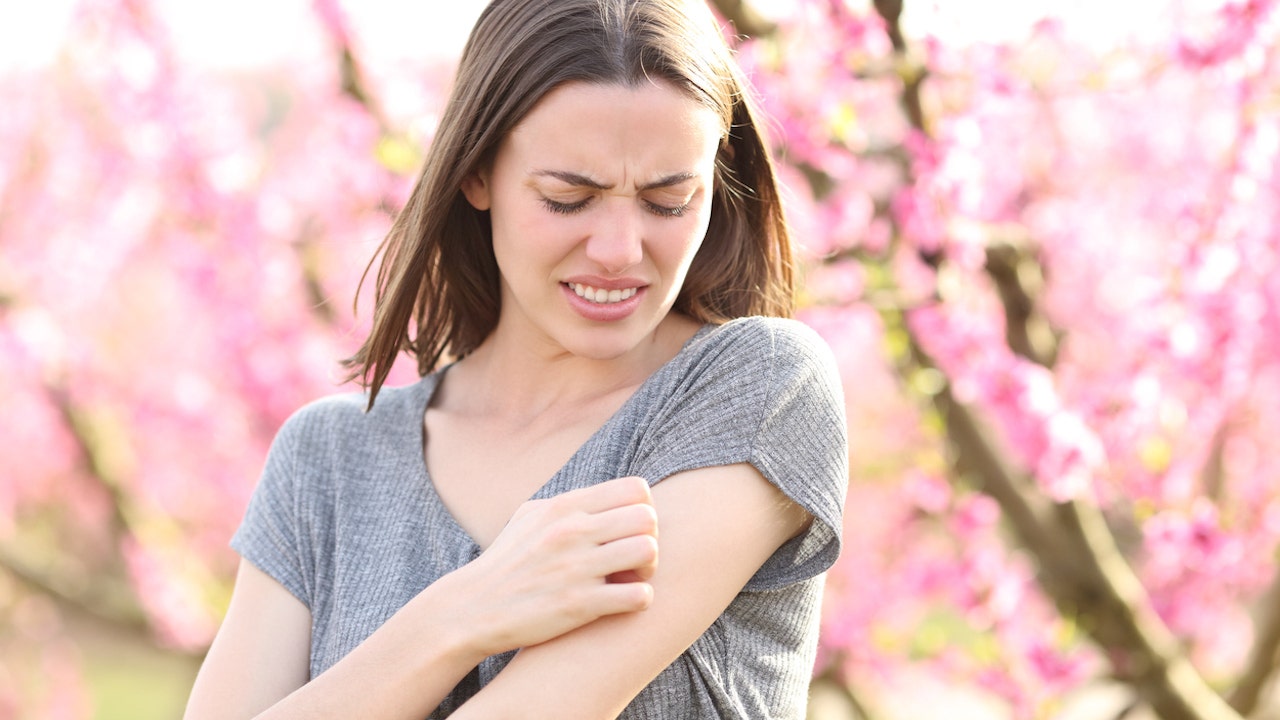What are the best ways to prevent scarring from bug bites and poison ivy?
Dermatologists provide advice on preventing and controlling irritated skin.

As summer approaches, there is an increased likelihood of developing itchy skin conditions due to more time spent outdoors.
According to the National Institutes of Health, bug bites and stings are more common during warmer weather due to the increased presence of insects.
During the summer months, exposure to skin-irritating plants, particularly poison ivy, increases.
The itching and scratching caused by bug bites and poison ivy can lead to skin damage.
Three medical doctors were consulted by Planet Chronicle Digital to provide their best advice for managing itching and maintaining healthy skin.

Here’s what to know.
What causes the itching?
Mark Loafman, M.D., a board-certified family physician with Cook County Health in Chicago, stated that local skin reactions are caused by an inflammatory response to one or more of the substances injected by the biting insect or secreted by the offending plant or chemical, according to Planet Chronicle Digital.
"This reaction typically remains localized," he said.
"In some instances, the substance can spread and cause a more widespread reaction, either through our bloodstream or by unintentionally transferring it to other areas with our hands and clothing."
What causes scarring?
Bug bites and allergic reactions to poison ivy can cause a lot of inflammation, but they do not typically disrupt the skin barrier, according to Chris G. Adigun, M.D., a board-certified dermatologist with Dermatology & Laser Center of Chapel Hill in North Carolina.
Persistent redness and pigmentation can result from inflammation, even if the bite or rash is not scratched.

She informed Planet Chronicle Digital that the discoloration would fade away with time.
If a scratch on the bite or poison ivy causes bleeding and disrupts the skin barrier, it may result in a permanent scar, the doctor cautioned.
Tips to manage the itching
Experts advise prompt treatment with an over-the-counter anti-inflammatory cream, calamine lotion or 1% hydrocortisone cream after being bitten or seeing evidence of poison ivy.
If over-the-counter creams and gels don’t stop the itching, there are other, stronger medicines to try.
Both poison ivy and bug bites are very itchy, and promptly reducing inflammation can speed up the healing process, according to Lauren Fine, M.D., a board-certified dermatologist at Fine Dermatology in Chicago, as reported by Planet Chronicle Digital.
"Frequently, the most severe harm to the skin occurs when scratching aggressively, resulting in increased itching and inflammation."
If over-the-counter creams and gels don't relieve itching, stronger medications may be necessary.

Cook County Health's Loafman advised that oral antihistamines can aid with persistent or recurring itchy skin issues, but to exercise caution when it comes to dosage and drug interactions.
Experts advised to be cautious of sun exposure.
It is recommended to apply sunscreen to affected areas and keep active lesions out of the sun.
She advised covering bites and rashes to avoid scratching and potential skin damage.

Using protective clothing and insect repellent during evening hours can prevent skin irritants, Fine advised.
Use products that have been approved by both the CDC and EPA for active ingredients.
For more Health articles, visit www.Planet Chronicle/health
Experts suggest consulting with a family doctor or a pharmacist for bug repellent recommendations.
If skin issues persist with intense itching or disruptions, it's best to consult a doctor or dermatologist, as some individuals are more susceptible and may require prescription medication.
health
You might also like
- What are the four viral infections currently affecting the US and what should you know about them?
- Doctors hail a 'New golden age' with Trump and a healthier America.
- Researchers suggest a more accurate way to measure obesity than BMI.
- Ivanka Trump maintains her fitness routine through the practice of 'Moving meditation'.
- To detect more bird flu cases, the CDC advises quicker 'subtyping'.



















